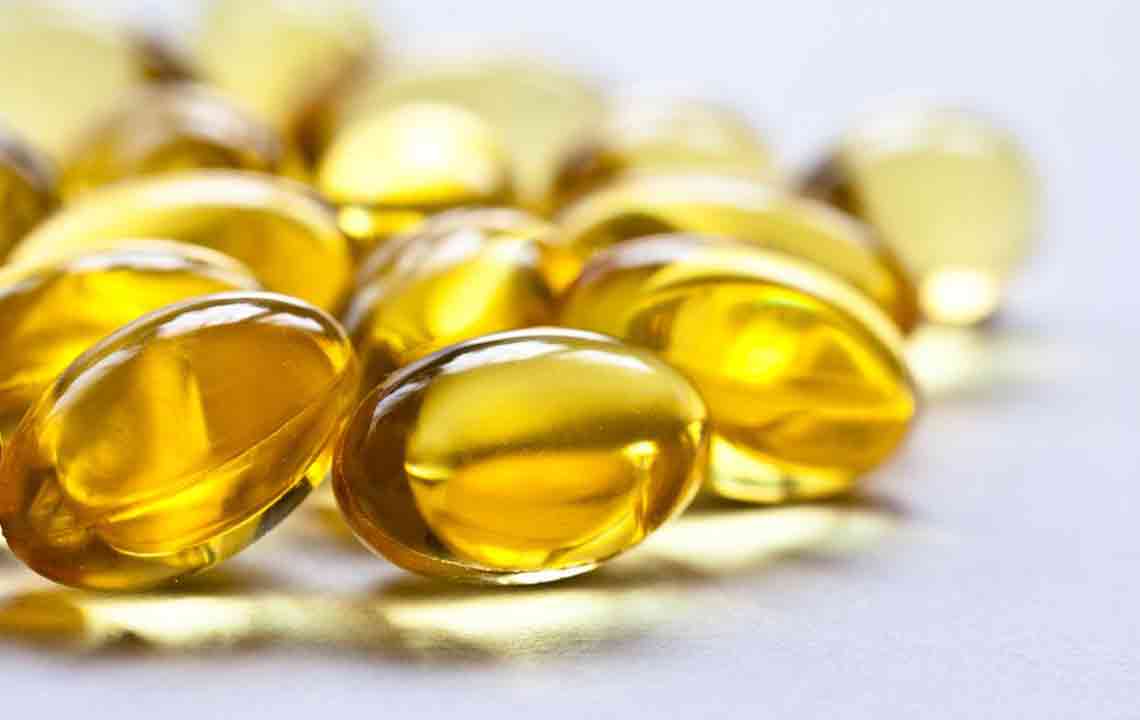The Best Vitamins for Your Eyes and Their Benefits
It is natural that as time passes, your eyesight will diminish. It can definitely be irritating to use glasses to see. But it’s also possible to keep your eyes healthy with a proper diet.
Read further in this article to understand ways to keep your eyesight healthy.
Why should you care about your diet?
Eating healthy not only keeps you healthy but can also give you a longer and more comfortable life. The same applies to your eyes as well. Some great foods that help in preserving and improving your eyesight are carrots and green leafy vegetables. They nourish your eyes with antioxidants and eye vitamins like Vitamin C, E, A, and also zinc and carotenoids.

A study shows that a poor diet was a major reason why age-related degeneration of eyesight occurred. With the inclusion of all required vitamins and nutrients in your diet, your vision can improve significantly and also reduce susceptibility to cataracts and macular degeneration. (Macular degeneration is a common and leading cause of loss of eyesight.)
To avoid problems such as this, doctors suggest that you include a vitamin supplement in your diet so that your eyes can receive the nutrients they require.
Some important eye vitamins
Lutein
This is an antioxidant, popularly called ‘The Eye Vitamin.’ Not only does this protect your eyes, but also the skin. It is an anti-inflammatory substance found in green leafy vegetables, orange vegetables, citrus fruits, and egg yolks.
Research says that if you supplement your body with six milligrams of Lutein every day, then you can lower the risk of macular degeneration by up to 43%.
Zeaxanthin
Although there are up to 600 different types of carotenoids in our food, only about 20 of them reach our eyes. Our brain makes sure that each part of the body receives the right nutrition required. Lutein and Zeaxanthin are considered to be the most important ones since our brain ensures that our eyes get them in the highest quantities.
Similar to Lutein, Zeaxanthin protects the eye lens and macula and helps clear vision. It also helps prevent light glares and sensitivity and keeps away cataracts.
Vitamin C
This is one of the best eye vitamins and as essential nutrients that are required by our body. It’s an antioxidant that not only fights cold but also protects your vision from free radicals. It also helps you absorb more nutrients and trace minerals that improve your sight and your body. Vitamin C also helps in repairing damaged tissues, prevents cellular mutations, reduces inflammation, and a lot more.
Vitamin E
Vitamin E is another crucial vitamin required by our bodies. It is a powerful antioxidant that protects the cell membranes all over the body and also the damage caused by metabolic by-products (free radicals). These free radicals can also be the result of exposure to harmful pollutants in the environment.
Vitamin E is not just one substance; it is a group of 8 compounds known as tocopherols and tocotrienols. Research proves that consumption of about 400 international units of Vitamin E reduces the risk of advanced macular degeneration by 25%.
Vitamin A (Beta-Carotene)
Vitamin A is another powerful group of antioxidant compounds that play a significant role in bone growth, vision and overall health. There are two types of Vitamin A, namely Retinol and Carotenoid. The one that is most effective for vision is a kind of carotenoid, called Beta-Carotene. It protects the surface of your eyes (cornea).
Proper consumption of Vitamin A helps prevent night blindness and xerophthalmia (dryness of the eyes along with inflammation and formation of ridges). Most times, Vitamin A, C, and E work together to keep tissues and cells strong and avoid inflammation. Vitamin A, along with Vitamin E, helps in healing and improving the vision of those who have undergone laser eye treatment. Studies show that Vitamin A, along with some other antioxidants prevents nerve damage (neuropathy) along with diabetic neuropathy, which is damage to the eyes caused by diabetes.
Zinc
Zinc is an important nutrient that helps in absorbing other nutrients. You can find it in over 100 other metabolic processes. It also allows proper elimination of waste, fights inflammation, and cell damage. Zinc also facilitates proper cell division, growth, and helps maintain healthy eyes through circulation and balancing of hormones. Some excellent sources of zinc are grass-fed meat, fish, and nuts.
So, these are some of the best eye vitamins that you should try and include in your diet for good vision. You can also consult with your doctor to prescribe some of these if you think that your eyesight is deteriorating.

